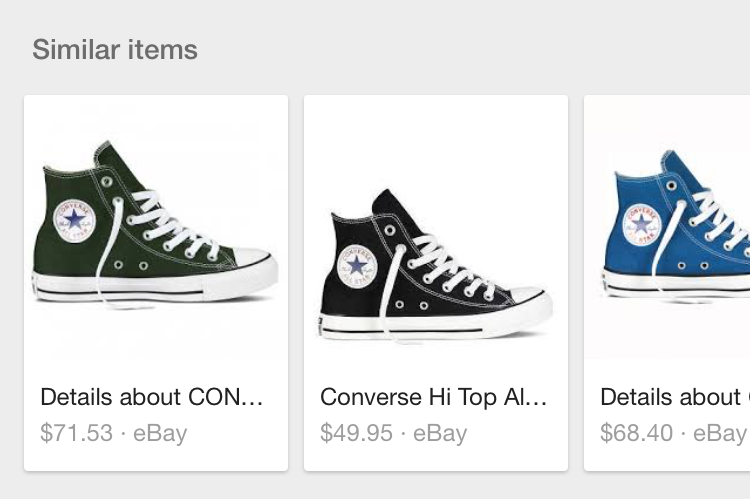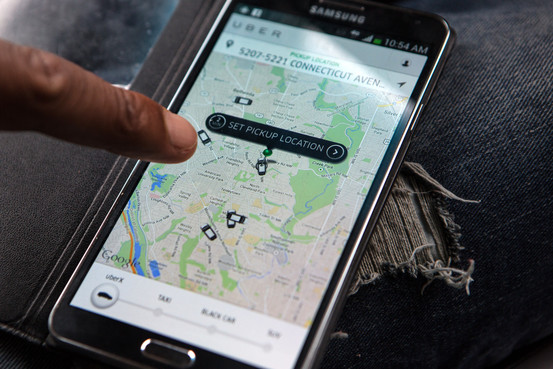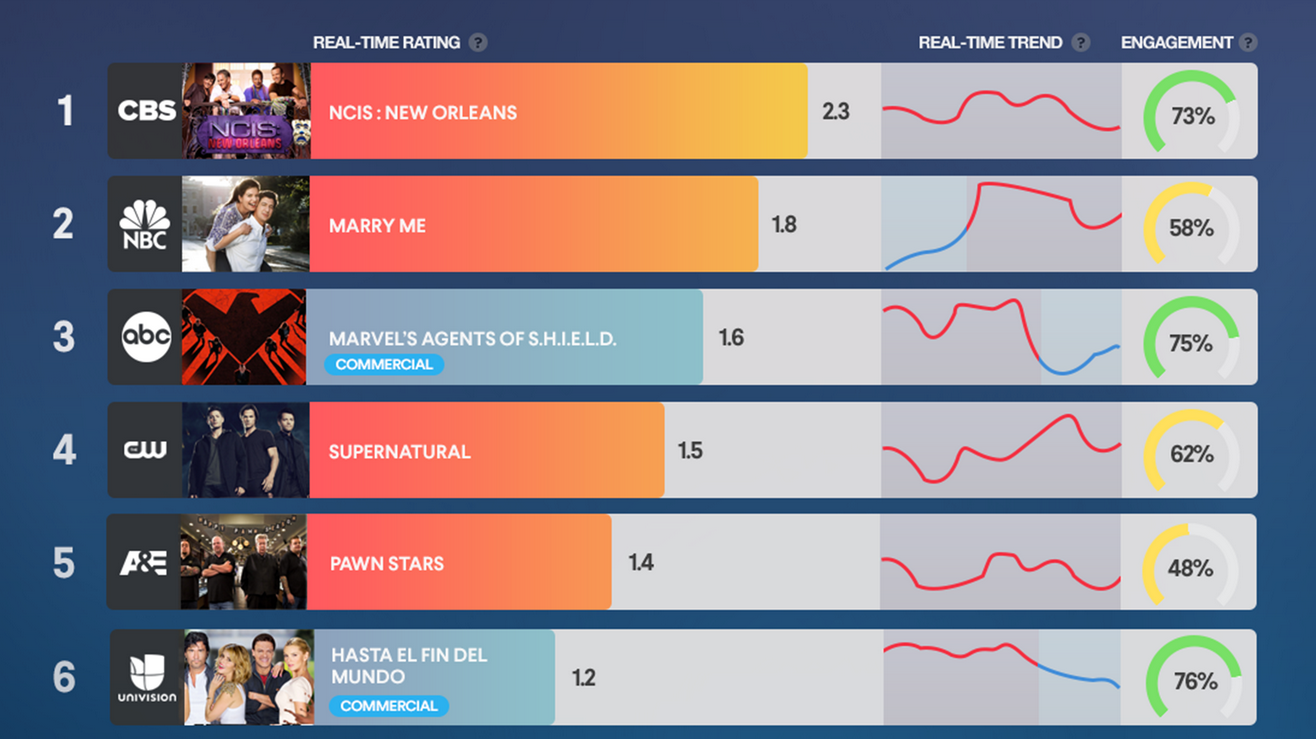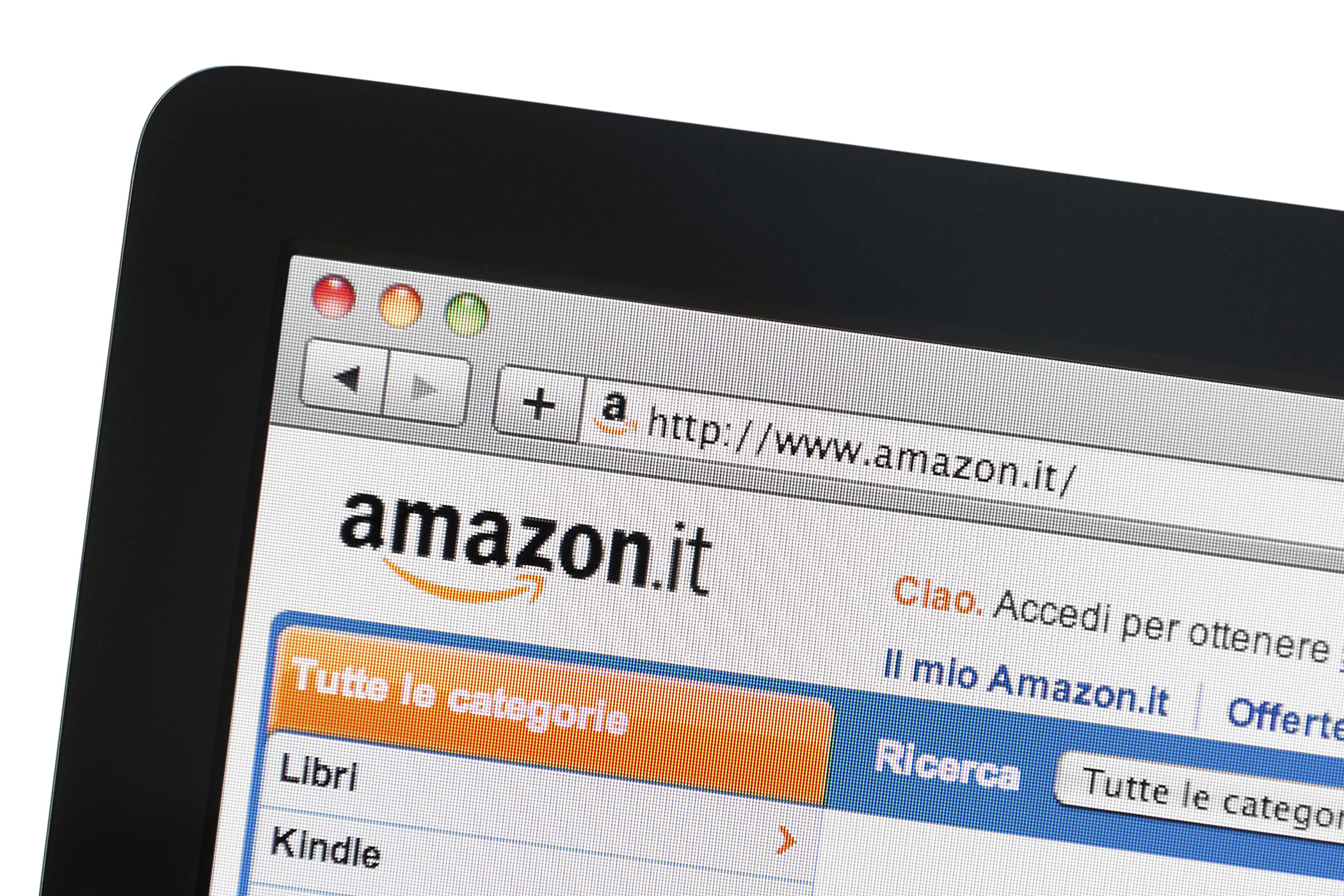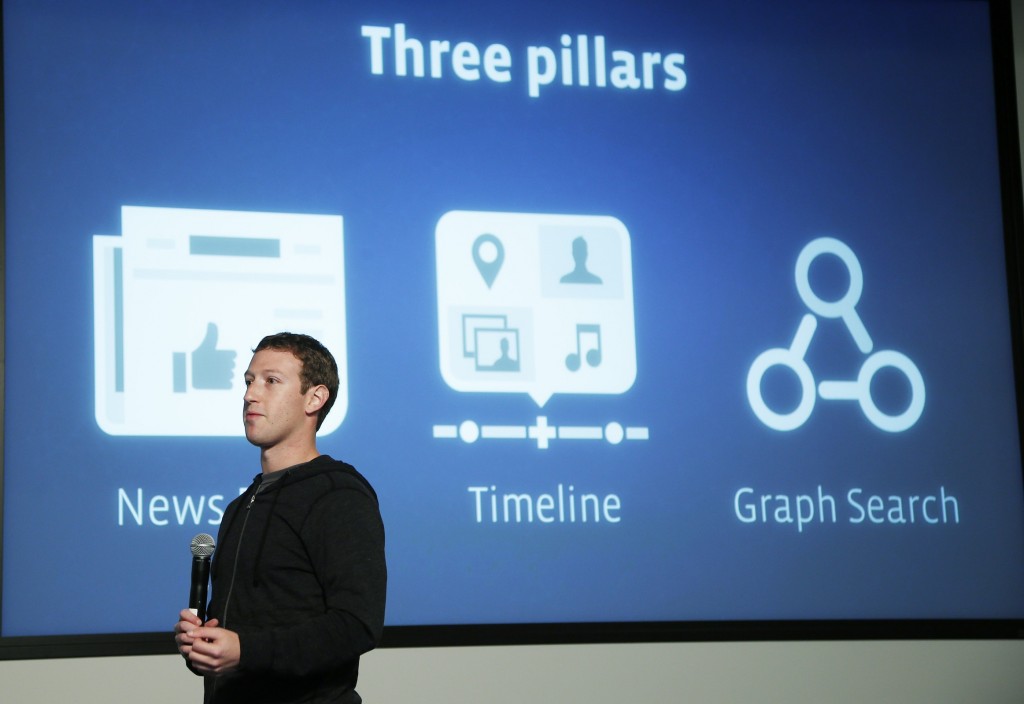What Happened
Google has quietly rolled out a new “Similar Items“ feature within Google Image Search on both the mobile web as well as Android‘s Google app, which uses machine learning to surface similar looking products matching what users are looking for. So far, this is limited to fashion and lifestyle products, such as sunglasses, handbags, or shoes, but Google says it will expand in the coming months to cover other apparel and home & garden categories. The feature will not only recognize what the objects in the image are, down to their brand and model but also find out about their price and availability. The feature also includes links to buy those similar-looking items on ecommerce sites.
What Brands Need To Do
This is an interesting play on Google’s part to build out its shopping-related features and explore how computer vision may help it breath new life into its search ads. This new feature revitalizes image search as a viable product discovery channel that brands will need to pay attention to. As users can also search by images, this can easily become a way for consumers to snap a picture of a physical product and quickly find similar items to buy online. While this feature currently runs on machine learning algorithms and is not monetized in any way, it is not hard to imagine how this could easily become a new ad product where online retailers selling the same items can bid to appear in the front end of the carousel.
Source: Marketing Land
